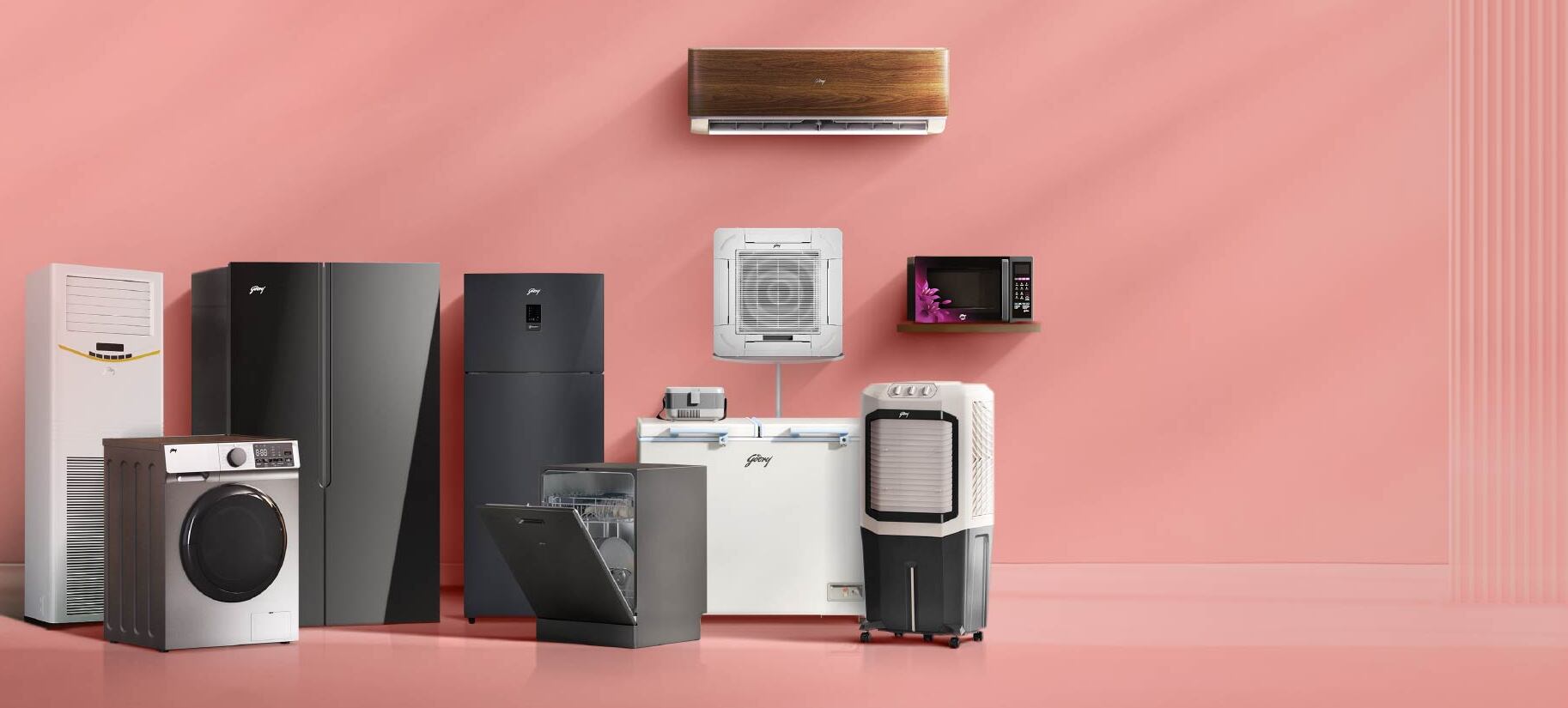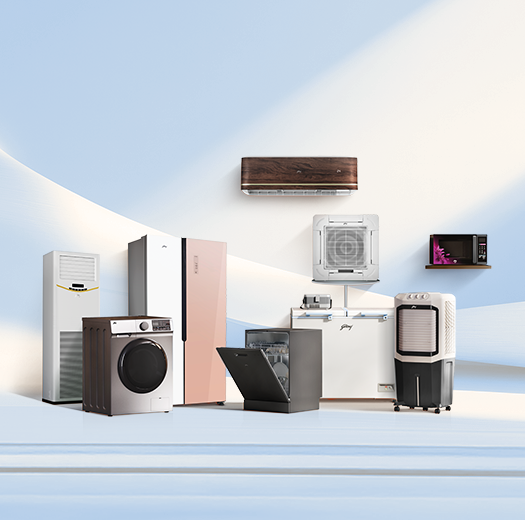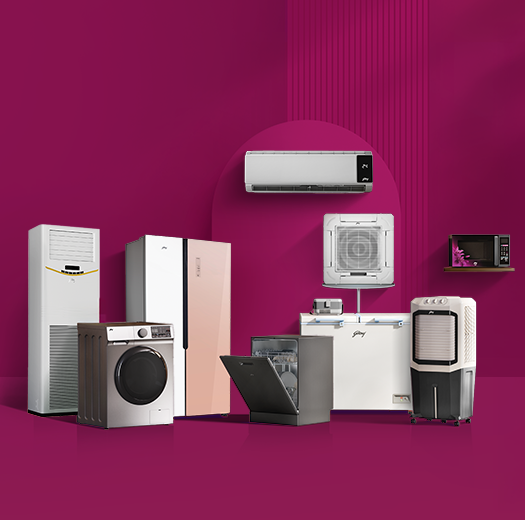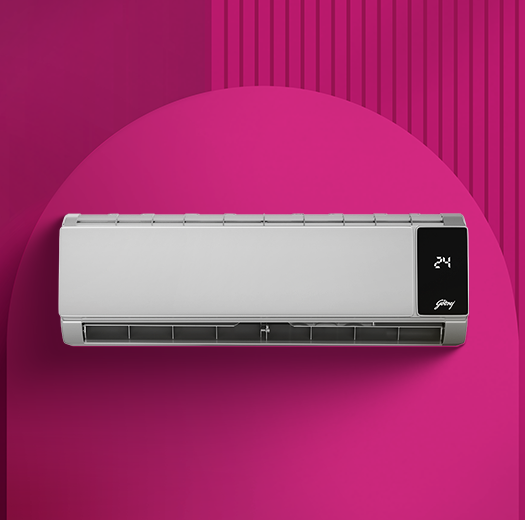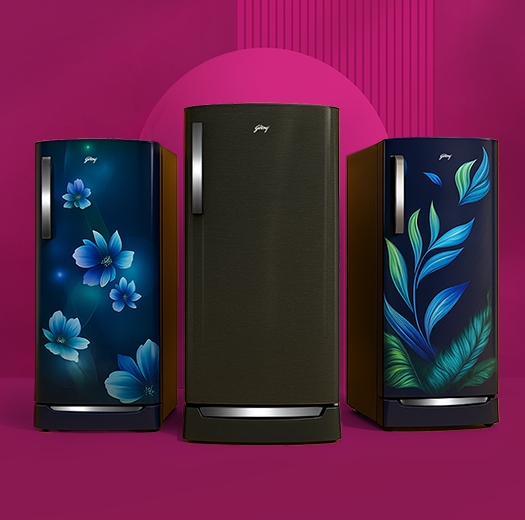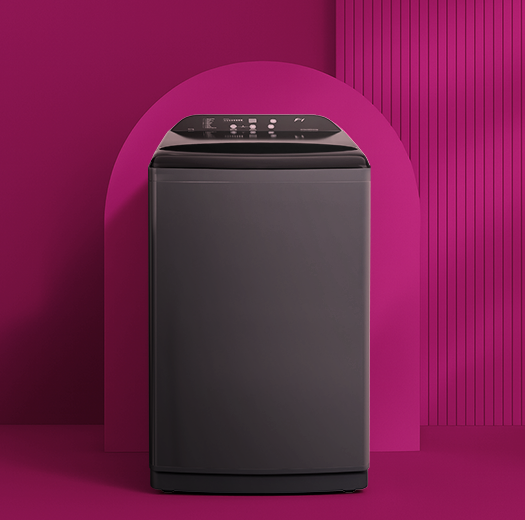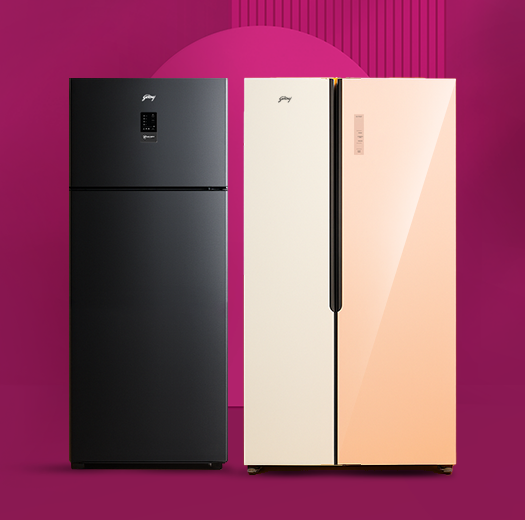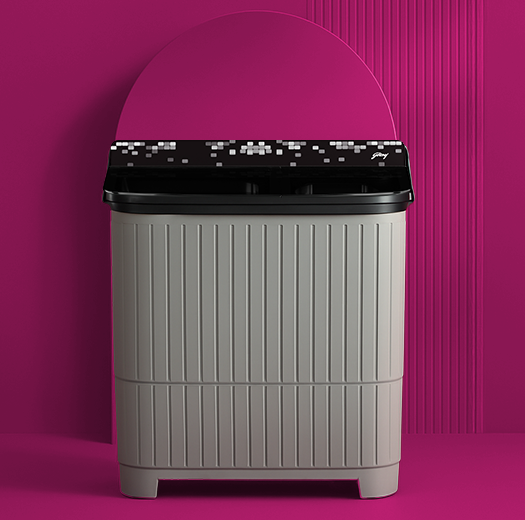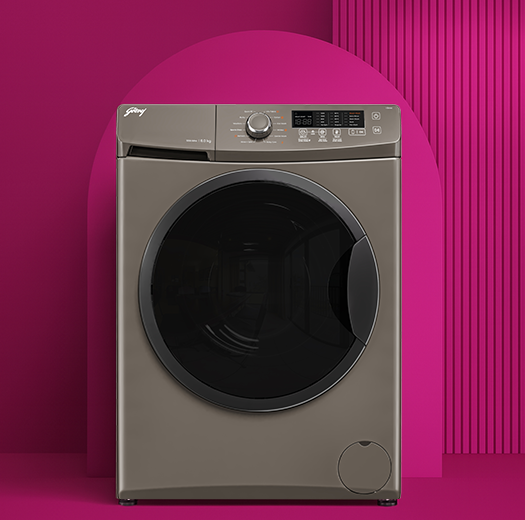in 20, Kailash Nagar Society, Tapovan Circle, Chikuwadi, Near Ganga Jamuna Circle, Nana Varachha, surat, gujarat - 395013
Godrej Inspire Hub - Shree Ram Enterprise Blogs in Nana Varachha, surat

Understanding Coolers - How Do Air Coolers Work?
How Do Air Coolers Work?
Air Cooler operates via the evaporation principle. Using water-saturated honeycomb pads, they suck warm air and then cool it via evaporation.
The steps that are involved in the cooler's operation are listed below.
- The cooler's water tank is its most crucial component that is generally situated at the cooler’s base.
- Water is sent to the top of the cooler unit using a small pump that takes water from the tank inside the unit.
- This process occurs when the cooler's internal fan draws hot air from the outside and forces it to pass over the honeycomb cooling pad, where it evaporatively absorbs moisture.
- Therefore, the air leaving the cooler is colder than the air entering the cooler unit, as a result, cooling is accomplished.
Pros of Using Air Coolers
Ease of Usage: The best aspect of the air cooler is its effortless operation, portability and low maintenance.
Cost Effective: In general, coolers are relatively inexpensive because of their straightforward internal components and simple operating principles.
Improved Air Quality: Coolers improve air quality by releasing air with moisture content into the atmosphere.
Eco-friendly: It is environmentally friendly because it uses little energy and depends entirely on water evaporation. Some Air Coolers also have eco mode for energy and water saving.
Cons of Using Air Coolers
- Coolers perform best in dry climate; but cannot provide sufficient cooling in humid conditions.
- Coolers have a restricted cooling range and may be insufficient for larger spaces.
- The water pump and fan on larger model coolers can produce apparent noise.
Types of Coolers
Personal Coolers: These are compact and designed for individual cooling in small spaces like bedrooms or offices.
Tower Coolers: These are stylish and space-saving that cools a larger area than personal cooler.
Desert Coolers: These are larger in size therefore more powerful and ideal for bigger room size.
Every form of the cooler has advantages of its own, and to maximise its use and benefits, considerations such as area size, climate, budget, and energy efficiency should be examined.
Frequently Asked Questions
Do coolers work effectively in humid climates?
The cooler's cooling ability is limited when the air is already saturated with moisture since there is less chance of evaporation.
Can I use a cooler and an AC together for better cooling?
It is generally not advised to use an air conditioner and a cooler simultaneously because they work on separate principles and may reduce each other's efficacy.
